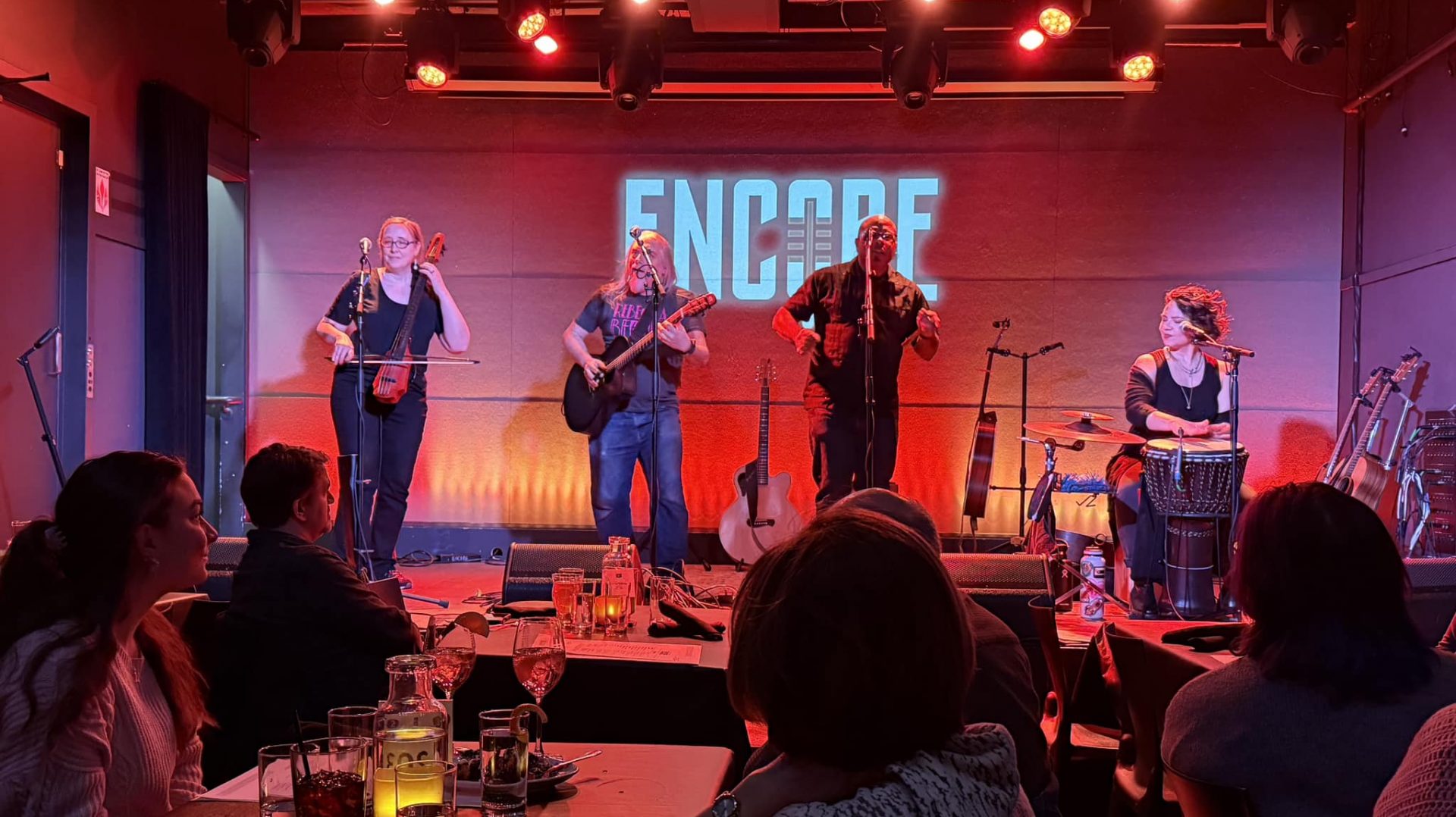Yesterday evening, as I walked the grounds of the University of Maryland as I have not done for a long time, I thought about the dreams of travel I had while I was in college. A lot of those dreams and my understandings about what the American road trip was came from the big literary travel heroes I had not read, but whose names and deeds shone so bright in our popular culture that they defined the road trip for it, ie; Jack Kerouac. And then there are the movies that are based and born of the iconic literary travel books and make them more accessible to us: movies as respected as Thelma and Louise and as ridiculous as Road Trip.



But is that what inspires people to travel or to have a certain notion of how it’s done? Ernie Pyle said that a life or an endeavor itself was not romantic, but was made so in the retelling. So for a journey to be romantic, it requires an audience. Therefore, that audience then grows up to have a romanticized notion of what the road trip is, and wants to undertake one in the style they imagine. I’ve been thinking about Christopher McCandless, a child of privledge who burned his money and decided to hitch-hike to Alaska to live off the land, only to be found frozen. Was he going out there to live out his Jack London fantasies, as some have accused the reckless youth of doing?
But what about those first travelers who did not have an well-established travel archetype to guide them? Is there simply a repressed nomadic drive … a human thing that inspires us to want to take on that romantic road trip?
While I thought about this at 9 a.m., I looked over at my bedside table and read the book titles there: The Complete Works of William Shakespeare, Ernie Pyle’s Home Country, Hobo by Eddy Joe Cotton, a National Geographic chosen for it’s articles about papermaking and the lives of moths, Richard Brautigan’s Revenge of the Lawn, The Annotated Tales of Edgar Allan Poe, a hilarious anthology called Smoking Drinking, Screwing, The Last Unicorn and my beloved childhood copy of a collection of Grimm’s fairytales.
And that’s when it hit me that some of these books have more in common than I would have thought. The Fairy Tale! Even before the great literary travel stories get us, we are taught about the “journey” from our fairy tales. The Last Unicorn, which I’m re-reading for I don’t know what time, is a story about travel. A creature leaves her home and what she knows to quest the unfamiliar countryside in search of a goal that is not necessarily even a specific place. In nearly every Grimm fairy tale, people set out on a trip that is often symbolic of these children venturing into adulthood. The Two Brothers, cast out by their father, plunge a knife into a tree at the point of their departure and head off to prove themselves as men. The Goose Girl travels to a far-off kingdom to be married. The pious farmer’s daughter, whose father cleaved her hands to save her from the devil, leaves to make her maimed way in the world out of a strange kind of pride.
So is THAT it? Is the road trip about growing up? So many people seem to feel the best time for the road trip is the transition between high school and college, or between college and adulthood. Even my mother took her cross-country road trip, calling home every night, at 19.
And the companion thought … is it then actually about delaying adulthood by returning always to the journey and never to the endpoint, and therefore staying in many ways a child? The Unicorn is immortal, but because she finishes the only journey she can, she loses her innocence, she becomes more human … she actually ages. Che seems ever-young because he ends the trip that initially makes him more of an adult … but then he never really ends the journey, continuing to spread the revolution. Is that why we can only think of him so young though he is, in fact, nearly 40 at the time of his death?
Hmm, drawing connections between The Last Unicorn and Che Guevara … one day maybe I will go back to school and find some use for all of this academia frothing in my skull.
